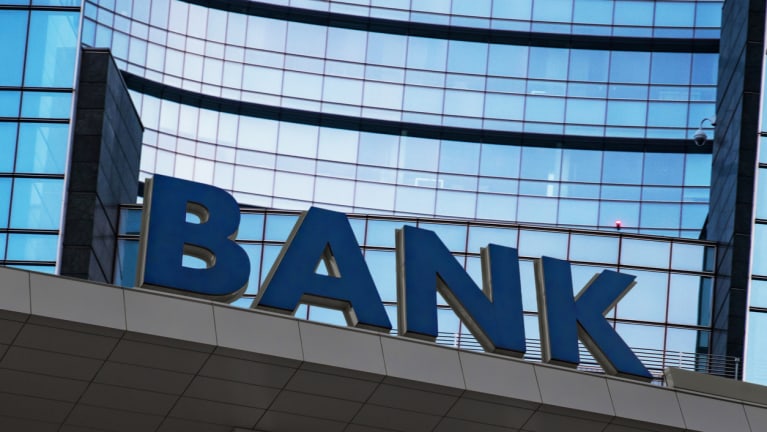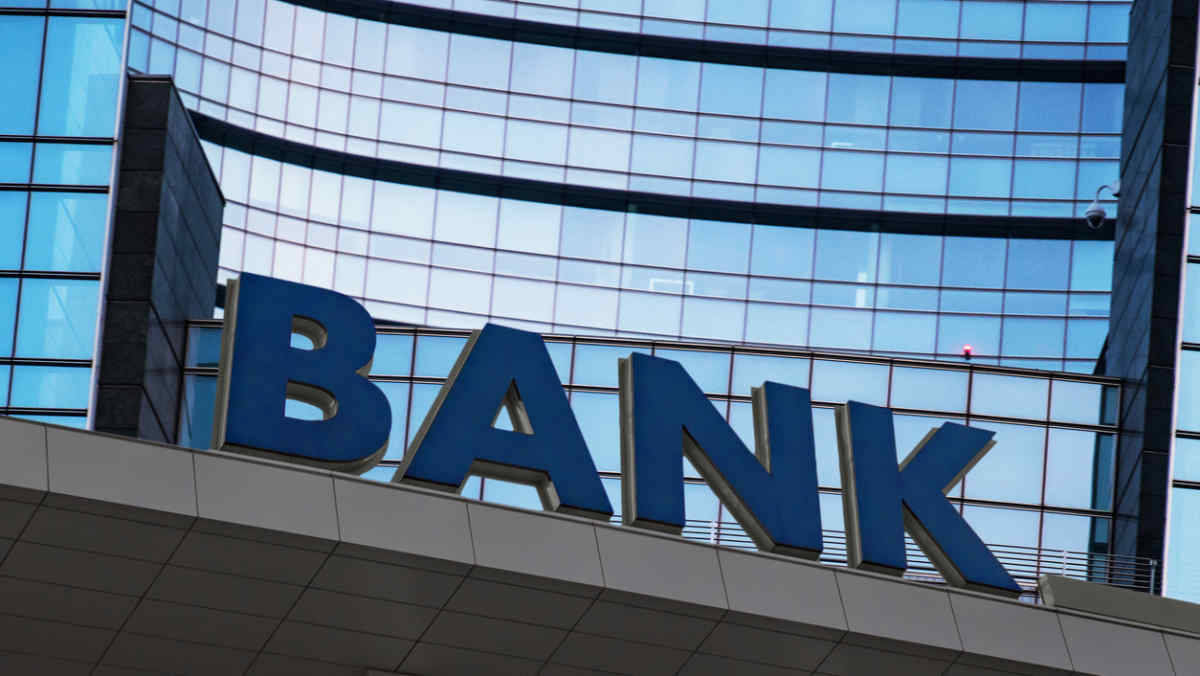

?The recent collapses of Silicon Valley Bank and Signature Bank sparked widespread concerns about whether their customers would be able to make payroll and whether the instability would spread to other banks around the country. Here are several lessons employers can learn from the situation to be prepared should additional banks fail.
Background
On March 9, customers began emptying their accounts in runs on Silicon Valley Bank in Santa Clara, Calif., and Signature Bank in New York City. On March 10, Silicon Valley Bank failed, and the Federal Deposit Insurance Corp. (FDIC) took ownership of it. On March 12, the FDIC also took over Signature.
The Federal Reserve, the U.S. Treasury Department and the FDIC jointly announced that depositors would have access to all their insured and uninsured money, starting March 13. The FDIC invoked a systemic risk exception, which allowed the U.S. government to pay back uninsured depositors to prevent financial instability nationwide.
Silicon Valley Bank’s customers were primarily tech startups, venture capitalists, software companies, health care firms and premium winemakers. Signature’s customers were mostly law firms and real estate companies.
Many Silicon Valley Bank customers pulled their money out when they realized the bank was heavily concentrating its long-term investments in bonds, and the value of its older bonds was falling in comparison to bonds purchased at higher interest rates, said Kayla Dreyer, an attorney with Brownstein Hyatt Farber Schreck in Denver.
“Word proliferated among Silicon Valley Bank’s deposit holders, resulting in a bank run,” she said. “The bank did not service a diversified portfolio of deposit holders, which also contributed to the bank run and crisis.”
Communication, Compliance Are Crucial
Good communication is essential to reassure employees who are worried about getting their next paycheck or about the prospect of another bank collapse.
It may be helpful for employers to send a memo to all employees telling them which payroll provider they use and confirming their bank is adequately funded, said Michael Lotito, an attorney with Littler in San Francisco. For example, you might mention that your company has never missed payroll, and you recognize how important employees’ paychecks are. This is “to calm the people down, because people are naturally concerned,” he said.
The COVID-19 pandemic, high inflation, poor stock market performance, mass layoffs and talk of a national recession have heightened financial worries for many individuals.
“There’s an awful lot of people in the country who do not have very much savings and are highly dependent on that paycheck coming in, and not getting it is devastating. There are worries about the stock market. We’ve had a rough couple of years, especially with COVID-19,” Lotito said. “We’ll see if the workplace participation rate actually increases. We may start to see that there aren’t as many job opportunities.”
In addition, make sure you’re complying with all state and federal payroll laws, especially if you have reasons to be concerned about the stability of your company’s bank. There are penalties for noncompliance, as well as potential damage to brand and reputation, if paychecks don’t come through on time.
Lotito warned about “the negative publicity that could result, not to mention what the fines would be. You don’t want to be responding to that. You want to be affirmative to people that you’re on top of it.”
In California, the Private Attorneys General Act (PAGA) enables an employee to bring a lawsuit to enforce violations of the state Labor Code on behalf of other employees with the same employer.
Despite the recent bank failures, Lotito said he doesn’t anticipate a dramatic rise in PAGA claims because the federal government backed up the funds at Silicon Valley Bank and Signature.
California’s Employment Development Department also announced it would not seek penalties against employers that didn’t pay employment taxes on time due to the Silicon Valley Bank failure.
Shortly after the bank failures, some corporate executives considered forgoing some of their compensation until more information became available about whether the government would insure funds above $250,000 in Silicon Valley Bank and Signature. But experts said that’s a bad idea.
“Do not attempt to defer compensation for work that has already been performed,” Dreyer said.
Now that things have calmed down, a close look at your insurance coverage may provide some useful information for the future. “I am advising clients to check their insurance lines and verify whether they could have any coverage for business interruption and associated losses,” Dreyer said.
Assess Payroll Provider’s Relationships
An employer should ensure it knows any partners that its payroll provider has. “Apparently, many third-party payroll providers ran payroll for their clients through Silicon Valley Bank, so even if an employer did not bank with Silicon Valley Bank, they could have been impacted,” Dreyer said.
Some employers may be reassessing their direct banking relationships as well. “Those who can will take their deposits with them and their banking relationships with them and look for more stable and permanent services from somebody that they trust,” said David Bizar, an attorney with Seyfarth in Houston.

